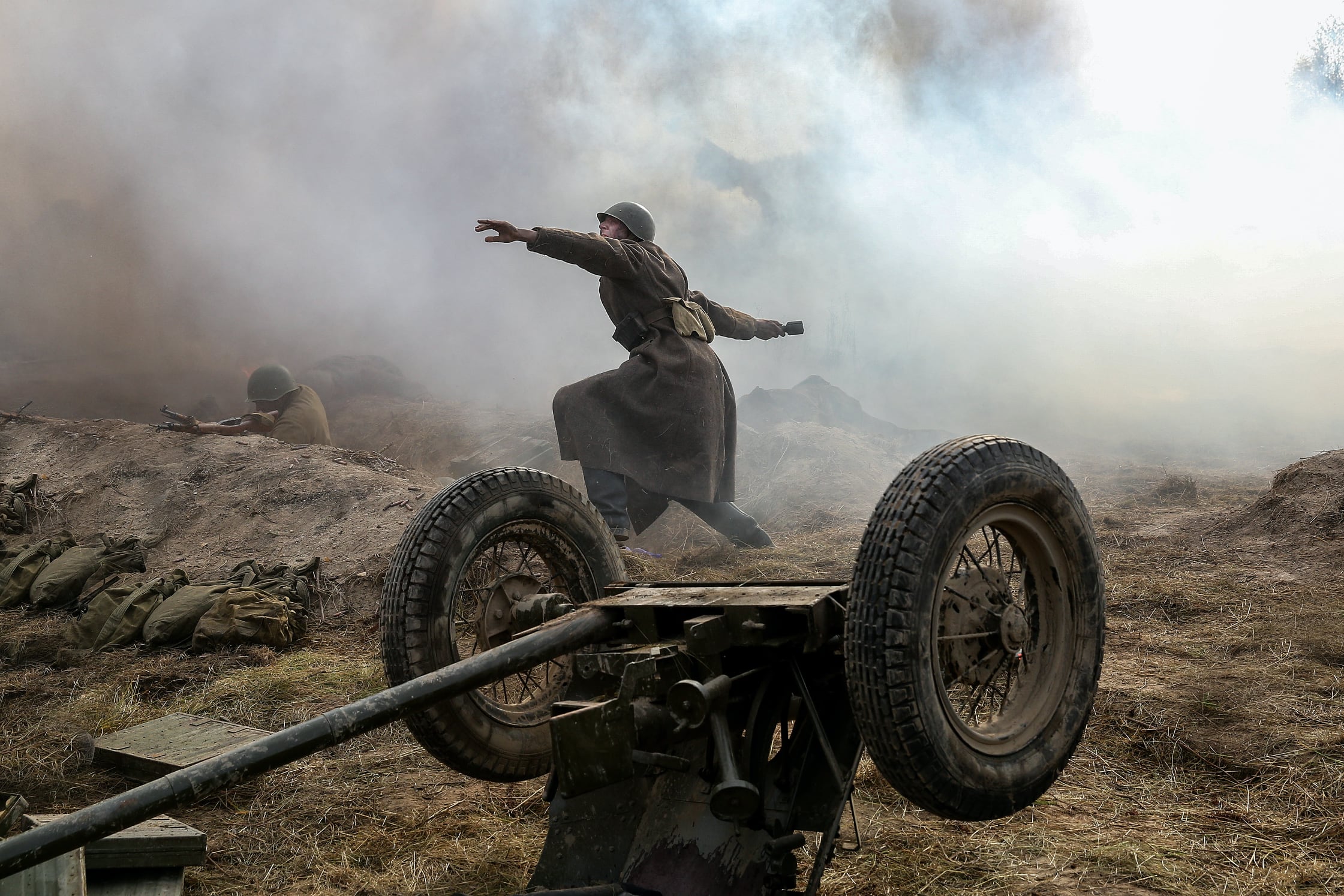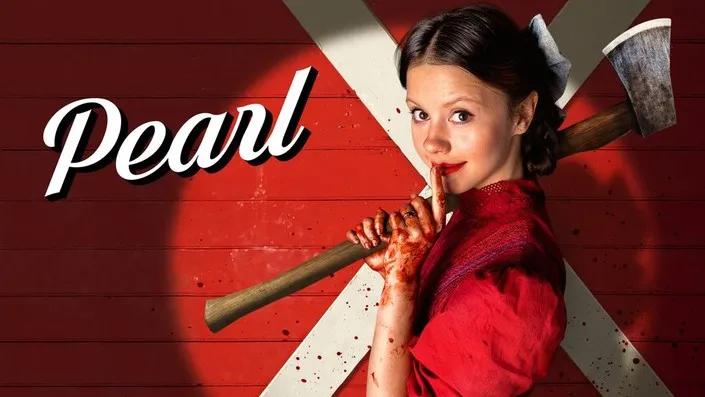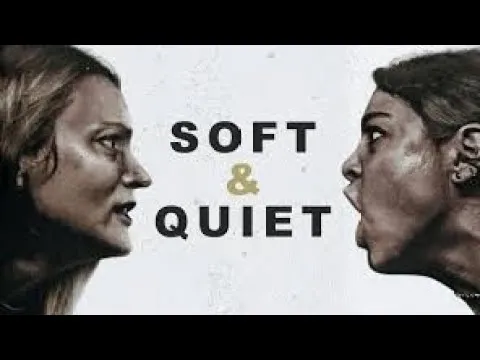They were students yesterday. Today, they are soldiers of history
The Last Frontier (2020) is a harrowing and beautifully rendered World War II epic that pays tribute to courage under siege. Directed by Vadim Shmelyov, this Russian war drama recounts the true story of the Podolsk cadets—young military students barely out of school—who were sent to the front lines to defend Moscow against an overwhelming German offensive in October 1941. With rich historical detail and raw emotional depth, the film turns a little-known act of sacrifice into a stunning portrait of youth, duty, and resistance.
The story centers on a group of teenage cadets from military academies in Podolsk, many of them inexperienced and barely trained. They're ordered to hold a crucial defensive line near the Ilyinsky heights, delaying the Nazi advance long enough for Soviet reinforcements to arrive. What begins as a mission of survival quickly becomes a desperate last stand, as the boys face tanks, bombs, and death with only their rifles—and their resolve.

The film doesn't sugarcoat the brutality of war. The battle sequences are immersive and unrelenting, but The Last Frontier stands apart from other war films by focusing not just on tactics and bloodshed, but on the inner lives of its characters. These aren’t hardened soldiers—they’re students, friends, sons. Their fear, pride, love, and brotherhood form the emotional core of the film, reminding viewers that true heroism often comes from those with the most to lose.
The cinematography captures both the scale of war and the quiet humanity beneath it. Snow-dusted forests, collapsing trenches, and exhausted faces lit by firelight lend the film an epic yet intimate feel. Composer Yuri Poteyenko’s score underscores the tension with haunting grace, reinforcing that every moment could be their last.

Despite being a Russian production, The Last Frontier transcends borders in its message: bravery doesn’t belong to any one nation. It belongs to those willing to stand their ground when the world falls apart. The film closes not with victory, but with sacrifice—and a reminder that history is shaped by the forgotten many who gave everything so others could live.
-1749263008-q80.webp)
-1752455008-q80.webp)

